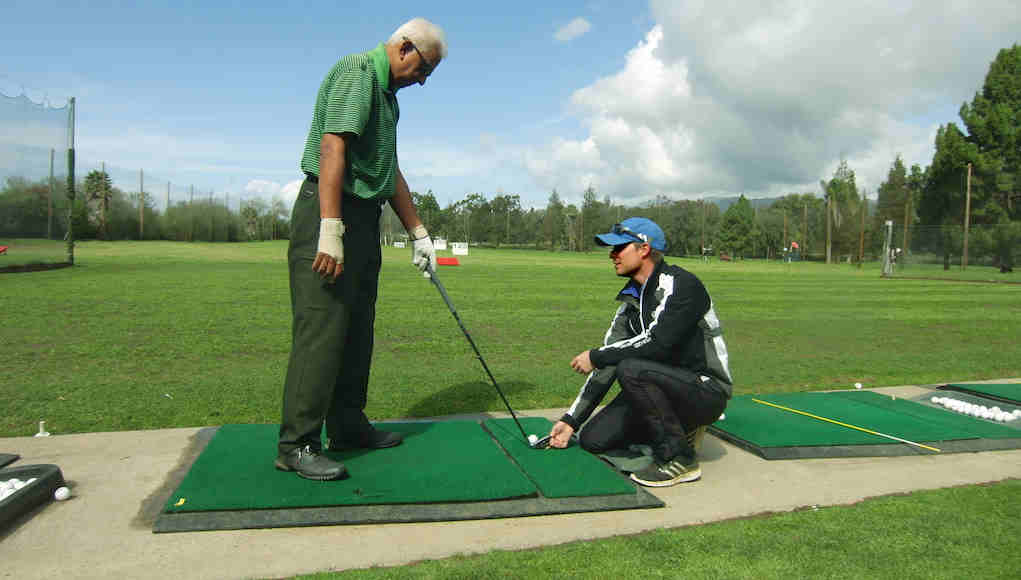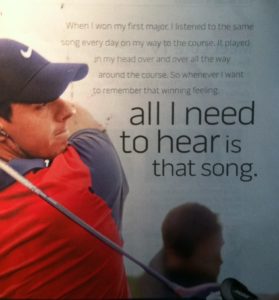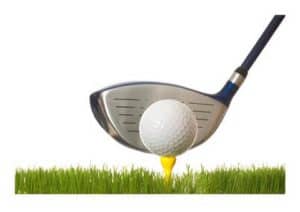Table of Contents

In a recent podcast I had with guest, Sue Shapcott (former Curtis Cup and European Tour player), she spoke about three common mistakes golfers make.
These include:
1. Hitting great on the Range but not on the golf course.
2. Practicing only part of the year: golfers should practice year round even if they live in a place that has snow in the winter!
3. Not learning about the mental side of the game.
*This post may contain affiliate links. As an Amazon Associate we earn from qualifying purchases.
Use Multiple Golf Clubs on the Range
Generally, across all sports, it is recommended that athletes practice like they play. Coaches typically organize training sessions to simulate game situations as much as possible so athletes can more easily transfer what they practice to real-time competition. Golf is a unique game in that many who play often practice in a static way, either on the golf range or the putting range. Very seldom do golfers use the same club over and over on the course. This is the reason Shapcott recommended that golfers simulate a round of golf on the range by changing club every three to four shots. This more closely resembles a golf match rather than hitting a bucket of balls with just one or two clubs.
Golfers Should Practice Year Round
https://youtu.be/a79tNX3aILc
For many golfers there is an offseason with less competing, this is especially true for high school and university golfers. Shapcott said the offseason is the best time to build and maintain fitness. It might also be a good time to look at changing a golf swing and practice other technical changes. She highly recommended doing some golf specific exercises and stretches. Some of these exercises should also be used when in the season because the need to warm up prior to competing in golf is important, yet so often golfers hit a few shots and start to play. This might be one reason it takes a couple of holes for some to start playing well.
The Mental Game of Golf
 Bob Rotella has written several good books about the mental game of golf. In one of his books, The Golfer’s Mind, he writes that your mind is a powerful tool you can use to reach your goals.
Bob Rotella has written several good books about the mental game of golf. In one of his books, The Golfer’s Mind, he writes that your mind is a powerful tool you can use to reach your goals.
Also, an excellent point was made by Dr. Gio Valiante in his book, Fearless Golf. A pattern he often sees in golfers is a psychological shift involving playing the game for the love of playing to playing the game for accolades or extrinsic factors, like proving something to others, wanting respect from family or friends and even to bolster self-esteem. Success does carry benefits, but this “other focus” often involves loss of playing mindfully and in the present moment. Another negative component associated with “other focus” is the idea of embarrassment in front of these people leads to an increase in anxiety and stress, which begin to interfere with playing. Shapcott is in agreement with others that mindset and the mental side of golf is something to explore rather than avoid.

